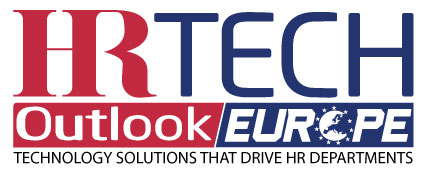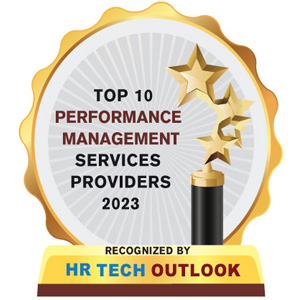Performance management has long been a cornerstone of organizations seeking to evaluate employee productivity, drive improvement, and achieve overall success. However, the traditional approach to performance management, characterized by annual appraisals and rigid goal-setting, is increasingly being questioned for its effectiveness and impact on employee motivation and engagement. As we navigate the dynamic and evolving landscape of the modern workplace, it is high time for a paradigm shift in performance management practices to foster a culture of continuous growth and development.
The shortcomings of traditional performance management systems are becoming more apparent as organizations recognize the need for agility, innovation, and adaptability in a fast-paced world. The annual performance review, often marred by subjectivity and bias, fails to provide timely feedback and stifle growth opportunities. Additionally, the fixation on numerical ratings and rankings often fosters a culture of competition rather than collaboration, inhibiting teamwork and hindering collective progress.
To truly enhance performance and productivity, organizations must adopt a forward-thinking approach to performance management. This shift involves a multifaceted transformation that prioritizes ongoing feedback, goal alignment, skill development, and employee empowerment.
Technology plays a pivotal role in enabling effective performance management. Leveraging digital tools and platforms can streamline the process, facilitate real-time feedback, enhance data-driven insights, and promote transparency. Organizations should invest in user-friendly performance management software that integrates seamlessly with other HR systems, enabling employees and managers to collaborate and track progress effortlessly.
Performance management is no longer a one-size-fits-all, annual event. It requires a fundamental shift in mindset, embracing continuous improvement, collaboration, and employee empowerment. By prioritizing ongoing feedback, flexible goal alignment, skill development, and employee autonomy, organizations can cultivate a high-performance culture that adapts to change, drives innovation, and propels them towards sustainable success in the modern workplace. It’s time to embrace the paradigm shift and unlock the full potential of performance management.


















